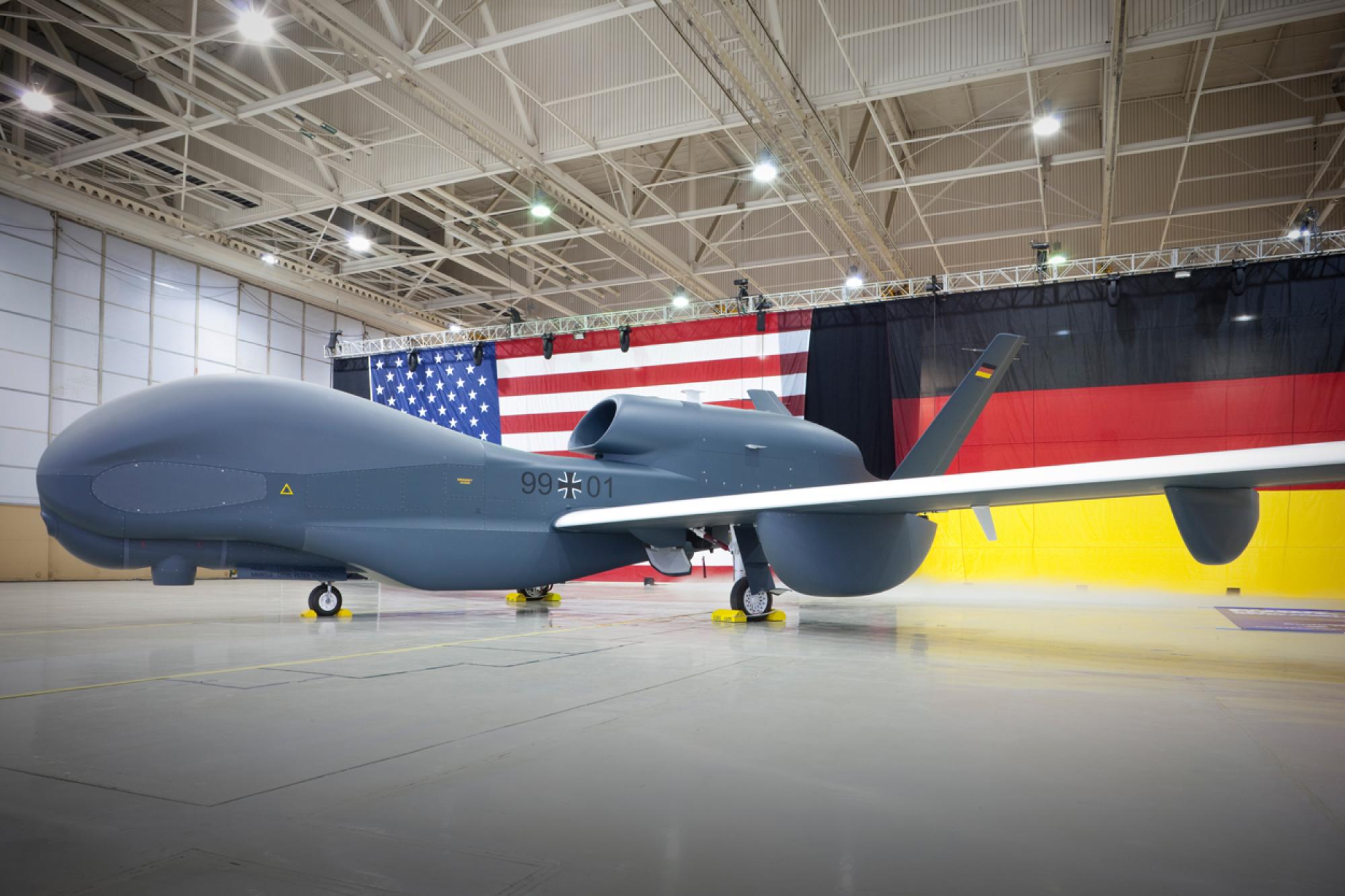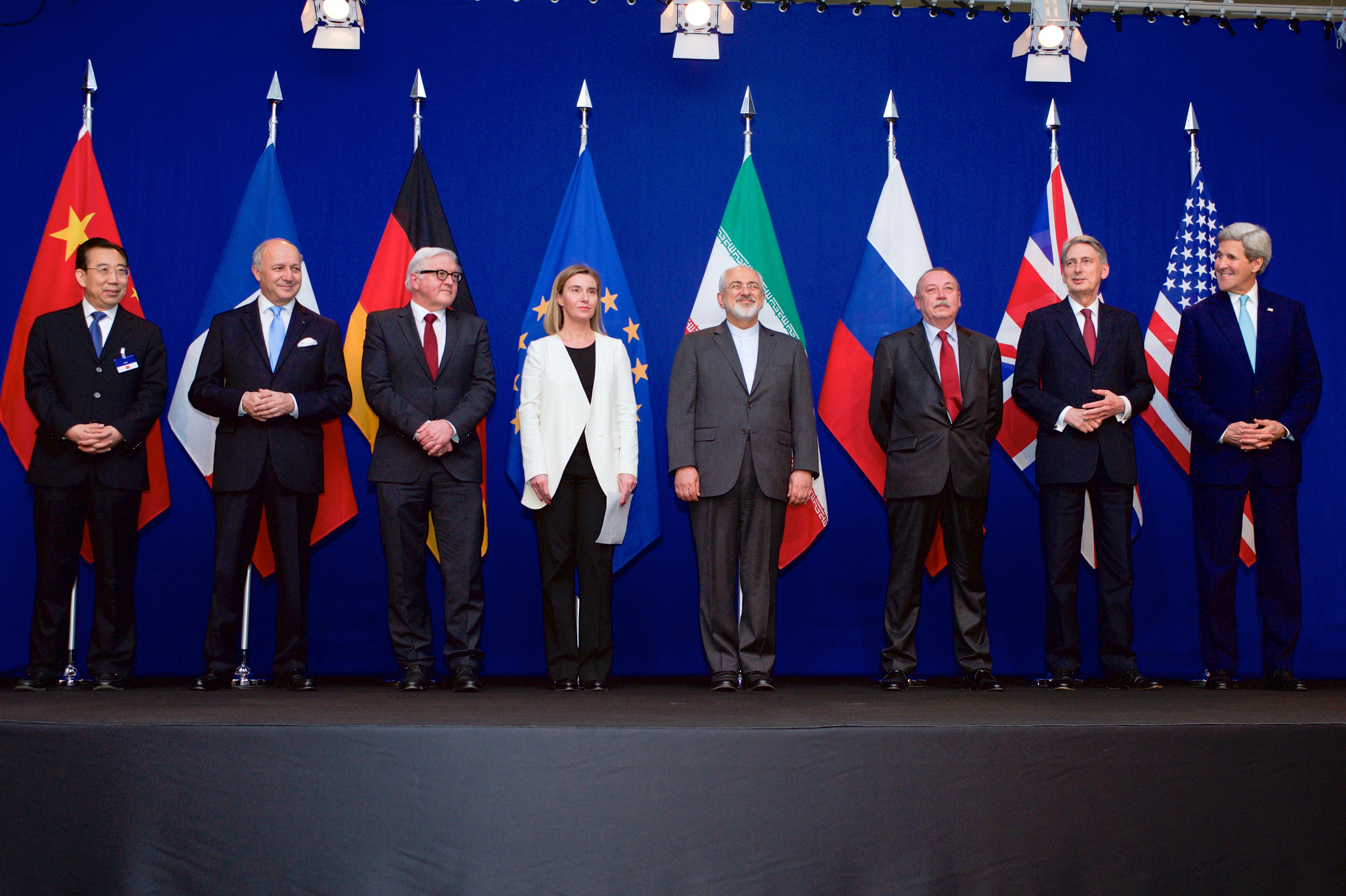Earlier this month it was announced that Germany would cancel its Euro Hawk drone project, which started back in 2004. After multiple problems in procurement of these drones with a cost of roughly $643 million, Germany’s defence minister Thomas de Maizière said that Germany is abandoning this project, citing safety concerns as the main reason behind the decision.
Shortly after this announcement, Germany was criticized by some of its European counterparts. The main focus of the criticism was that Germany should have been pushing for a European solution rather than attempting to “do it alone,” said Michael Gahler Security Spokesman of the European People’s Party in the EU parliament. For Gahler and other EU members the argument is that all European countries are facing similar security concerns. And Projects such as Euro Hawk would be better as a joint “European solution”. Gahler argued that a joint effort would also have made more sense from an economic perspective.
In an era of continued emphasis on common security concerns, as well as defence budget cuts, it is good to point out the importance of initiatives such as NATO’s Alliance Ground Surveillance (AGS) system. At the Chicago summit in May 2012, NATO member countries agreed to the procurement of a NATO-owned operated ground surveillance with reconnaissance capability. This contract, worth 1.3 billion, was signed between 14 NATO members (Bulgaria, Germany, Denmark, Estonia, Italy, Latvia, Lithuania, Luxembourg, Norway, Romania, Slovakia, Slovenia, the Czech Republic and the US) and Northrup Grumman. This will lead to the development of 5 Global Hawk drones as part of the AGS system by 2017. These drones will be stationed in Italy for primarily surveillance use, being available to all NATO members. This is important to middle and small NATO powers, as they otherwise would not have the capacity to do so on their own. In fact, the idea of building security with less money by working together is part of what Anders Fogh Rasmussen described as “smart defence”, something that is essential in times of austerity. The rising costs of defence technology and the inability of individual countries to afford it, means that European nations should work to combine their resources and build capabilities that can benefit the alliance as a whole, wrote Rasmussen.
NATO will have access to the United Kingdom Sentinel’s system and the future French Heron TP system, which will contribute to the Alliance, replacing some of their financial contributions to the AGS programme. This is particularly important for the security of Europe, because with the exception of the UK and France, Europe trails drastically behind the US in developing active electronically scanned array radar. Having said that, it gives the rest of the Alliance access to defence technology to maintain a Europe defence system at a substantially lower cost than going it alone. In the meantime, due to scaling back of American defence spending, the burden sharing amongst the Alliance members becomes vital to the future of the AGS programme. Although the US footed the majority of the bill for the acquisition of the programme, its future success relies on the contribution of all member countries.
It is evident that many countries are realizing that, in terms of acquiring state of the art security and defence technology, it is more effective to partake in a joint effort rather than go it alone, as Germany attempted. In this respect, NATO provides the most effective vehicle for maintaining the security of the Alliance. Participation in this program from a host of small and middle NATO powers emphasizes the continued willingness of most NATO members to adhere to two of the three core tasks set out at the Lisbon Summit in 2010, cooperative security and collective defence.




